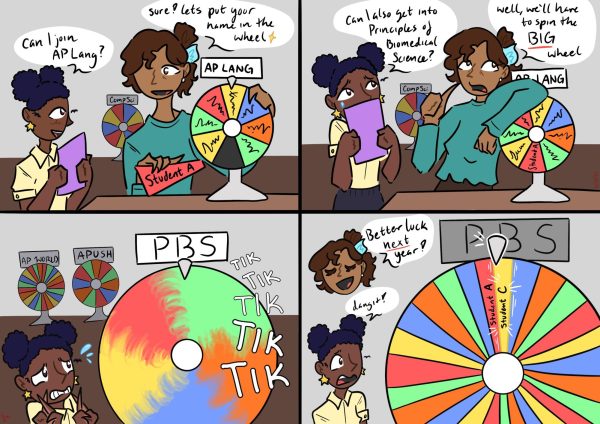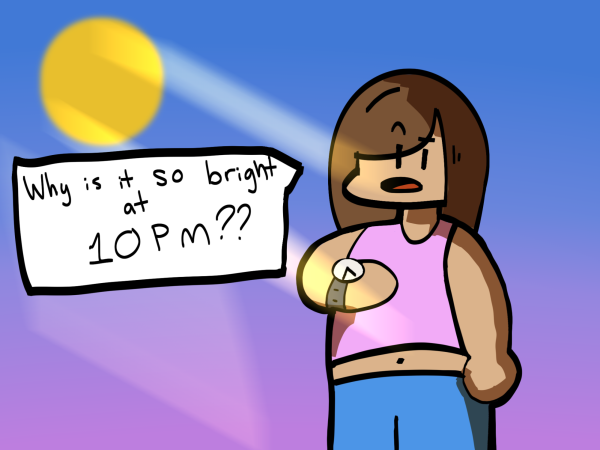Anti-vaccine movement endangers students’ lives
When the first vaccine was created in 1796, people were resistant to the idea. But in1955 the polio vaccine and its widespread use led to a fall in US cases from more than 50,000 in 1952 to zero reported in 1966.
While the safety of vaccines was then unchallenged, a recent movement among people whooppose vaccines has gainedsupport. These people, known as anti-vaxxers, argue that vac-cines have serious side effects.
It is well documented that claims of autism and other seri-ous conditions often connectedto vaccines are completely false.
The original scienti c paper, “The Lancet” by the ex-Dr. Andrew Wake eld, started the movement. His paper has now been retracted and his medical license revoked. But his paperis still seen as factual proof ofvaccines causing autism.
In fact, the retraction of thepaper brought greater attentionto the anti-vaccine movement. Groups in the movement now say the retraction was not bcause of its blatant falsehood but because of a wide spread conspiracy by the companies that produce vaccines.
The major problem with the movement is it convinces manyparents to either not vaccinate their newborns or to alter themedically recommended vaccine schedule.
With most other medical procedures it would be perfectly ne if parents were to make the informed decision of opting out.
But vaccines need to beadministered.
While the average student with no health issues and ahealthy immune system could easily survive being infected with measles, a student with a compromised immune system would be at serious risk.
Recently, 50 measles casesspreading via unvaccinated chil- dren caused a state of emergencyin the state of Washington.
The San Ramon Valley United School District has a list of mandatory student vaccines, including MMR (measles, mumps, rubella), Hepatitis B, and polio. These vaccines arerequired because Californialaw makes them mandatory forstudents who attend public or private schools.
Schools have a mandatoryvaccination list to protectstudents with compromised immune systems, such as those undergoing cancer treatment.
A refusal to adhere to the mandatory vaccinations shouldresult in the district’s refusal to all such students to attend class. Parents’ refusal to vaccinatetheir kids endangers the livesof other students.
It is of course parents’ de- cision as to what medical pro-cedures their children receive.
But if that choice unnec- essarily endangers the life of others, and if it is based on mis- information, the government or the schools must take action to protect the greatest number ofstudents.

